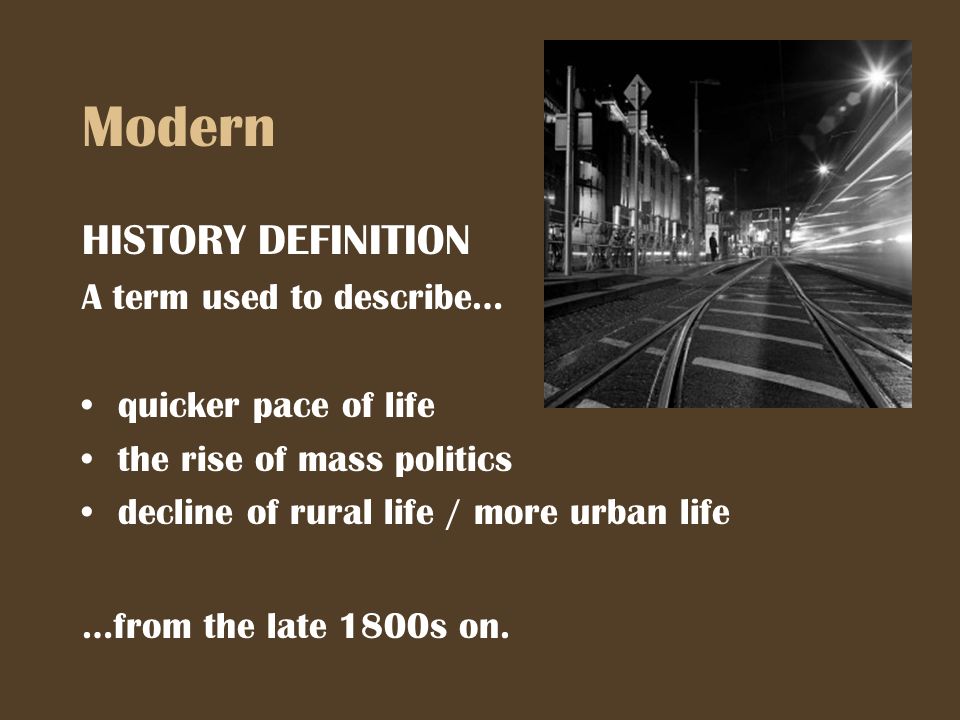

J., “Political Socialization: Where’s the Politics?” Northwestern University Press, 1991, “Political Attitudes Over the Life Span.” University of Wisconsin Press, 1991, ISBN 978-4-5. “Political Socialization and the Making of Citizens.” Oxford Handbooks Online, 2017. Of the 138 Republican candidates for Congress identified as getting significant Tea Party support, 50% were elected to the Senate and 31% were elected to the House. midterm elections, many people dissatisfied with what they considered to be excessive government spending supported the ultra-conservative Tea Party movement. People who feel politically effective are also more likely to take strong stands on government policy issues. People who trust that their vote will be fairly counted and will matter are more likely to go to the polls. People who feel politically effective also believe strongly in the legitimacy of the political system and are thus more likely to participate in it. People who feel a high level of political efficacy are confident that have the knowledge and resources necessary to take part in the political process and that the government will respond to their efforts.

Political efficacy refers to individuals’ level of trust that by participating in the political process they can bring about change in the government. Perhaps most visibly, it how people determine their political orientation- conservative or liberal, for example. It is through this learning process that the standards and behaviors that contribute to a smoothly and peacefully functioning political system are passed between generations.

Instead, individuals decide throughout their lifetimes where and how they fit into the political values and processes of their country through the process of political socialization. Political scientists have concluded that political beliefs and behavior are not genetically inherited. The main sources or agents of political socialization in people’s lives are family, school, peers, and the media.In the United States, political socialization tends to develop a belief in the virtues of democracy.Politically socialized people are more likely to actively participate in the political process.The process of political socialization begins in childhood and continues throughout one’s lifetime.Political Socialization is the process by which people develop their political knowledge, values, and ideology.


 0 kommentar(er)
0 kommentar(er)
